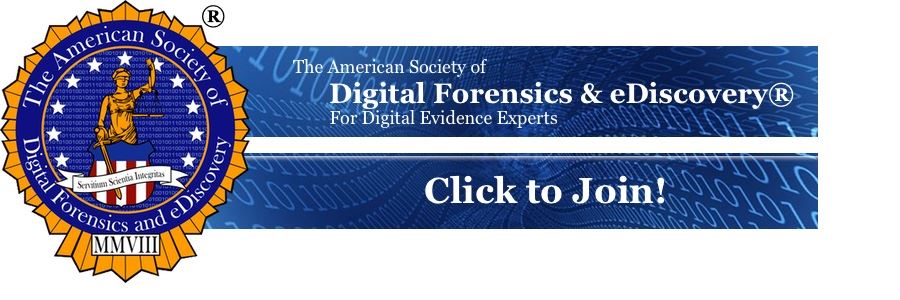The Importance of Impartiality
In the rapidly evolving field of digital forensics and eDiscovery, the integrity of investigations and the credibility of findings rely heavily on a professional's impartiality. Impartiality is not just a professional necessity but a cornerstone of our field. This article explores the importance of impartiality for digital forensics and eDiscovery professionals, what it means to be impartial, and how to navigate ethical conflicts.
What Does It Mean to Be Impartial?
In digital forensics and eDiscovery, impartiality means conducting investigations without bias or favoritism. A professional must approach each case objectively, ensuring that all actions and decisions are based solely on evidence and established procedures. Here are a few suggestions:
- Objective Analysis: Review and interpret data without allowing personal beliefs, assumptions, or external pressure to influence conclusions.
- Unbiased Reporting: Present findings clearly and factually without skewing data to support a particular narrative or outcome.
- Ethical Conduct: Adhere to professional standards and guidelines to maintain the integrity of the investigation process.
Impartiality is critical for every matter because:
- Builds Credibility and Trust: The credibility of digital forensics and eDiscovery is paramount. Courts, organizations, and individuals rely on their expertise to provide accurate and reliable evidence. Bias undermines trust in the findings and, consequently, in the judicial process or internal investigations.
- Follows Legal and Ethical Standards: Impartiality aligns with legal and ethical standards that govern our profession. For instance, forensic evidence must meet stringent admissibility criteria in legal proceedings. Bias can lead to evidence being dismissed, potentially compromising justice.
- Enhances Professional Reputation: A digital forensics professional's reputation consistently delivers unbiased, high-quality work. Impartiality ensures that professionals are seen as reliable and trustworthy, enhancing their career prospects and professional relationships.
- Ensures Fairness: Impartiality ensures that all parties receive fair treatment. In a legal matter, the outcome significantly impacts lives and businesses. An impartial approach ensures justice is served based on facts rather than prejudices.
Navigating Ethical Conflicts
Ethical conflicts are inevitable in any profession, and digital forensics and eDiscovery are no exception. When faced with moral dilemmas, professionals must carefully navigate these situations to maintain their impartiality and integrity. Here are steps to manage ethical conflicts:
- Identify the Conflict: Recognize and acknowledge when an ethical conflict arises. This could involve conflicting interests, pressure to alter findings, or evidence of a client's wrongdoing.
- Consult Guidelines and Codes of Conduct: Refer to the American Society of Digital Forensics and eDiscovery's professional guidelines and codes of conduct.
- Seek Peer Advice: Consult colleagues or mentors for valuable perspectives and advice. Discussing the situation with a trusted peer can help clarify the best action.
- Document Actions and Decisions: Maintain thorough documentation of all actions, findings, and decisions. This documentation should include details about ethical dilemmas and the steps to address them.
- Report Ethical Violations: Ethical violations should be reported through appropriate channels. It might involve notifying a supervisor, a professional body, or, in some cases, law enforcement.
- Recuse When Necessary: If a conflict of interest or significant bias is unavoidable, recusing oneself from the investigation may be the most ethical choice.
Impartiality is the bedrock of digital forensics and eDiscovery, ensuring that investigations are fair, ethical, and accurate. By remaining impartial, digital forensics professionals uphold the credibility of their work, support the administration of justice, and maintain their professional reputations. Navigating ethical conflicts with diligence and integrity is essential to preserving their trust in their expertise. Through a commitment to impartiality, digital forensics professionals play a crucial role in uncovering the truth in the digital age.

